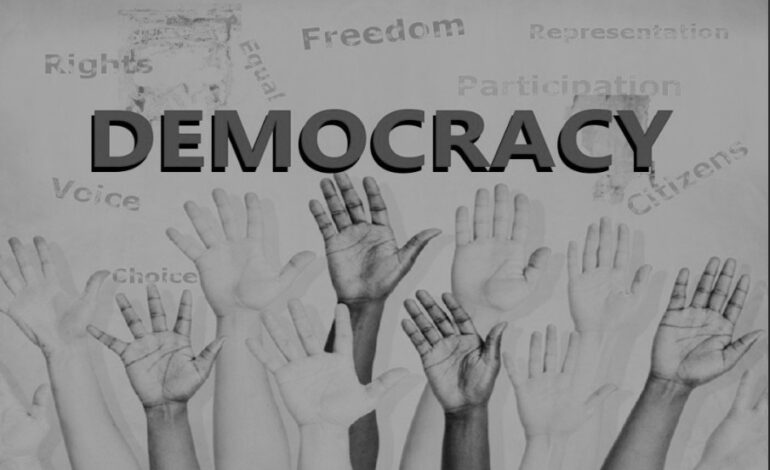
There has been a gradual decline in democratic quality in Africa. For the first time in almost a decade, the number of countries designated by the Global State of Democracy Indices (GSDI) as authoritarian now outweighs those deemed to be democratic.
The shift, mainly occurring over the past few years, has undermined an otherwise remarkable improvement in democracy across the continent.
While there was some progress towards overall in Representative Government across Africa, an average decline was recorded in Clean Elections. In some cases, there were complete democratic breakdowns as a result of military coups, the re-emergence of which has carried through to 2021.
Recent declines in democracy have undermined some of the remarkable progress made in Africa over the past three decades, although bright spots remain.
TheCovid-19 pandemic, though seemingly less damaging to public health than elsewhere in the world, has added pressure on governance, rights and social inequality.
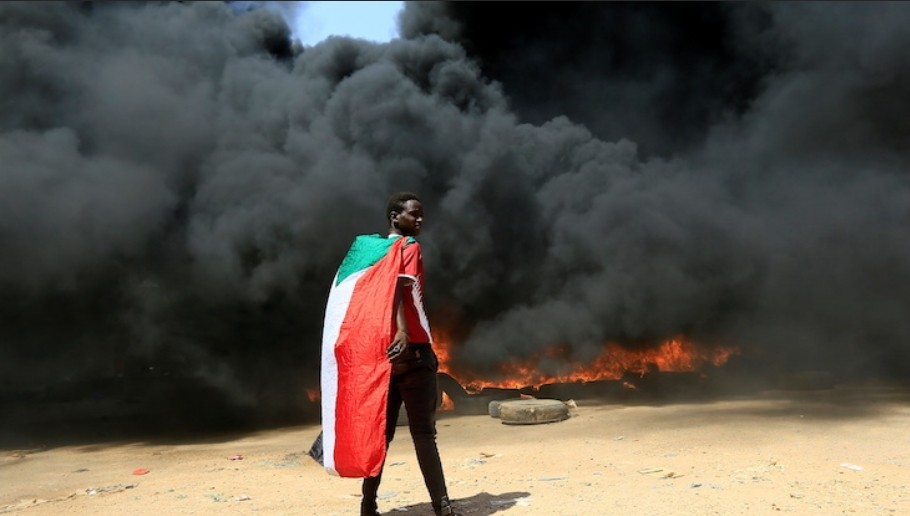
As a political system, democracy does many things but perhaps most importantly it allows those being governed to choose their leaders and to determine the kind of Republic they will have.
In dddddthe context of the economy, this gives people more control to condition what the government does in terms of its consumption. As an economic actor, governments exert important effects on the economy and its growth through the public sector’s consumption.
Africa’s persistent developmental and leadership challenges have continued to accentuate a raging debate over the best form of governance, for the continent’s political and socio-economic development.
Regardless of low economic development indicators, the continent has continued its predominant dependence on primary exports.
In addition, most African leaders have been linked with acute prebendalism, corruption, human rights abuse, developmental-strategies-deficit, and exiguous political will to develop their countries.
Most of them have assumed their leadership roles with limited training in the art and science of directing and effectively instituting policies of economic development, despite their resource-based muscle. As such, Africa’s poor development indicators have been primarily attributed to leadership crisis.
Currently, democracy in much of Africa is constrained from delivering on its development potential for three reasons.
● First, governance capacity is lacking.
● Second, the quality of electoral democracy is thin.
● Finally, neopatrimonialism undermines electoral democracy in Africa.
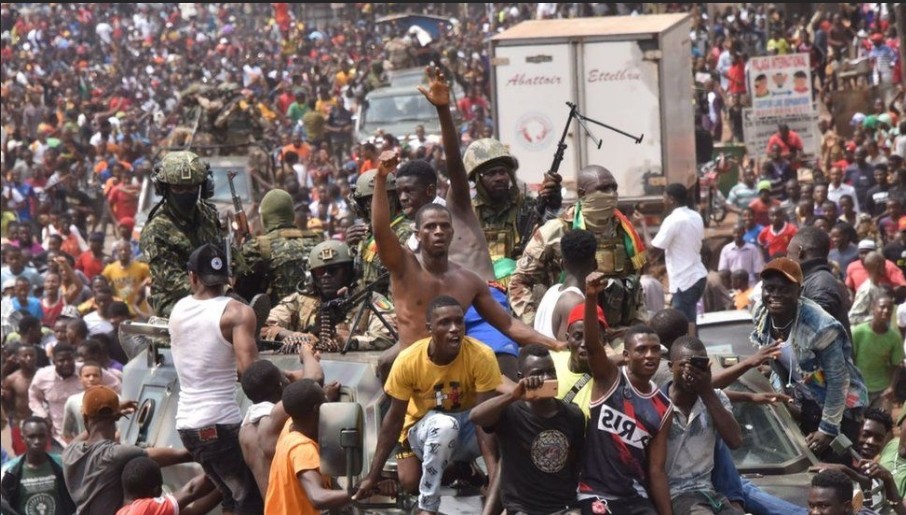
Democracy ensures political freedom, inclusion, equality, respect for the rule of law, and protection of human rights.
Democratic principles have been compromised by a good number of African leaders. Most of the leaders have been amending constitutions to stay longer in power.
As such, political power has become concentrated in one political party and finally in the hand of one leader, leading to power personalization and repression of all forms of opposition.
Africa’s democracy is also being characterized by weak institutions, voting along ethnic lines, post-election crisis, rigging, thuggery, god fatherism, as well as other extremely reprehensible practices such as distributing moneys at polling booths during elections.
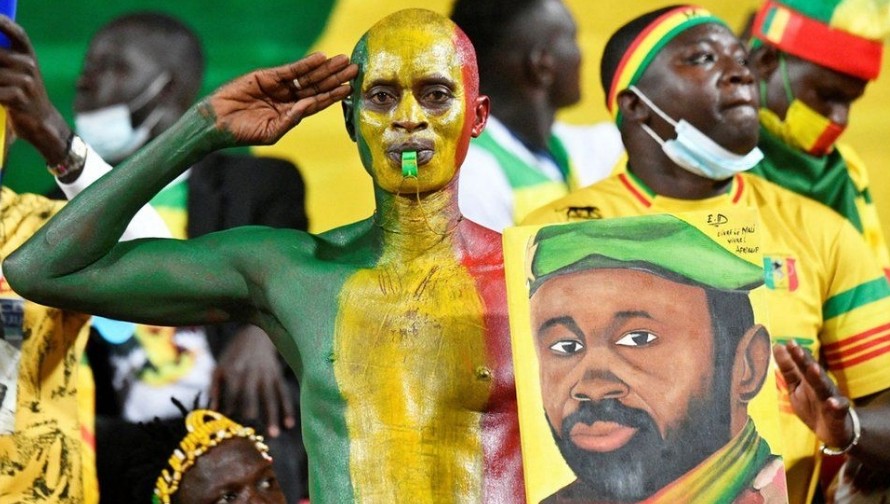
Campaigns have been heavily monetized as politicians share all manner of food items and transport/domestic equipment to lure voters.
As a result of this, when politicians assume offices, the temptation to engage in unscrupulous activities such as embezzlement, politics of patronage among other vices keep the cycle going on and on and on.
There is still a lack of mechanisms available for citizens to ensure accountability and transparency in the practices of political office holders or even hold them to account, with respect to their campaign promises.
In any society, holding citizens responsible for their actions both in public service and the private sectors, is significant and ensures some level of accountability.
Mechanisms must be devised to hold leaders responsible when they use public resources in ways that society considers unacceptable.
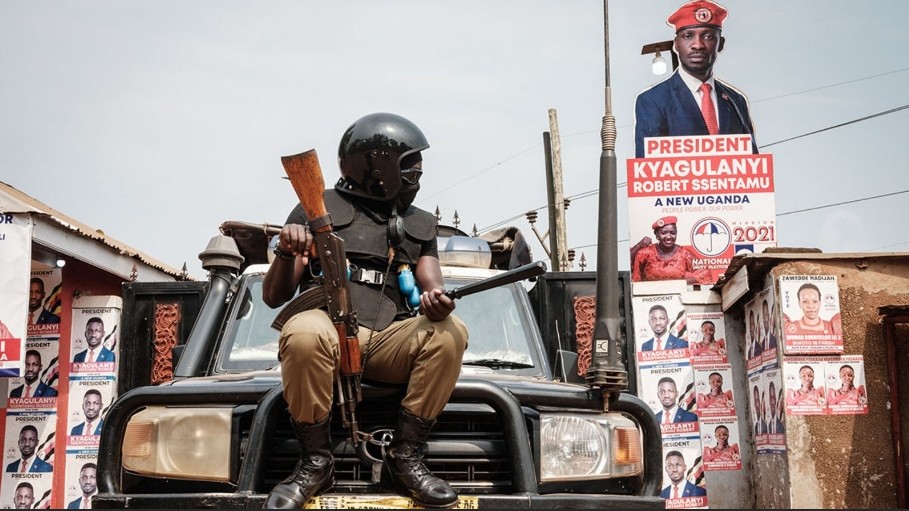
Decentralization has been cloaked in rhetoric without devolution, resulting in the further illegitimacy of the state and the weakness of civil society.
As African states became increasingly incapable of delivering (on their economic and political promises), associational life emerged at the local level. This often took the form of a shadow state, where people organized themselves to provide basic services that, in their communities, had been ignored by the state.
In this bubbling up process, these groups would then try to extract necessities from the state in order to provide services. Civil society, therefore, emerges in this form to meet basic human needs at the local level, not resulting from macro-level concerns.
If there is to be an efficient link between state and society, with effective articulation by associations, then local government, in the form of devolution, would be most appropriate.
In this way, devolution could provide the missing link between the center and periphery in rural areas. Yet autonomous local governments hold out important prospects, not only in rural areas, but also in urbanized areas.
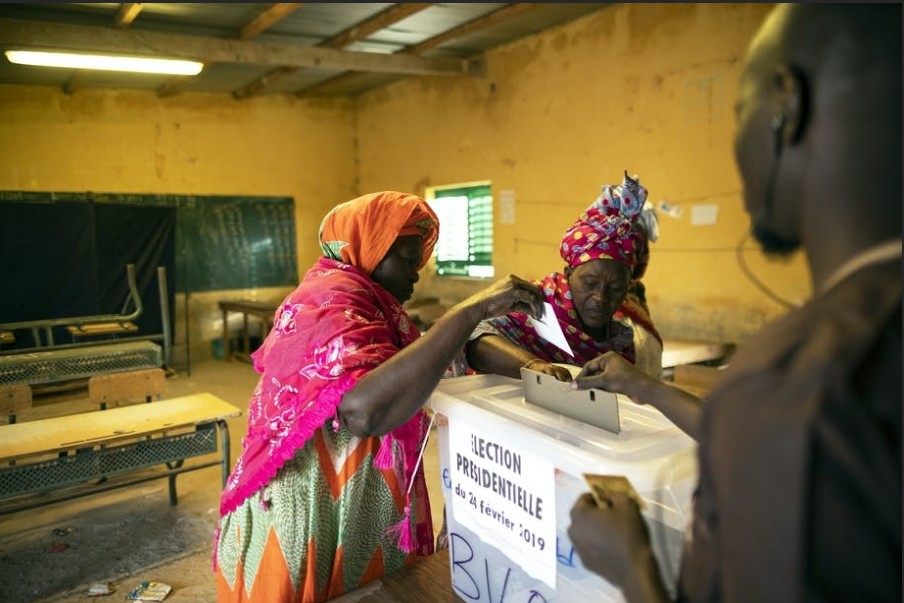
Political autonomy and policy participation for local communities and ethnic groups in society are significant factors of government legitimacy.
In politically fragmented countries, decentralization might allow the various political, religious, ethnic, or tribal groups greater representation in development decision making, thereby increasing their stake in maintaining political stability.
In some African countries, constitutions and other laws have been revised to give rulers the right to exercise exceptional powers.
For example, in Sierra Leone and Kenya, constitutional amendments and statutory provisions have allowed the presidents to exercise emergency powers anywhere in the country at any time.
It would be necessary to limit the excessive concentration of power in the hands of the executive in order to ensure some level of accountability through the other branches of government.
Ultimately, to reduce the cost of governance on the continent, African countries should consider collapsing bicameral legislatures. Then, for improved political inclusion following societal fractionalization, it is imperative that inexpensive devolution systems are established.


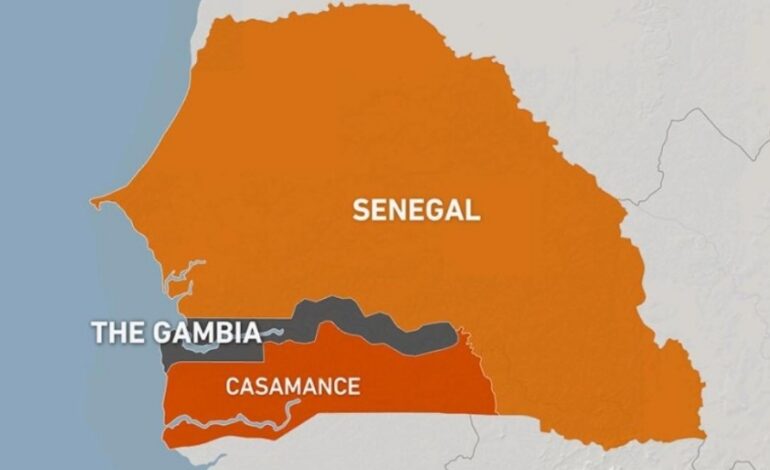
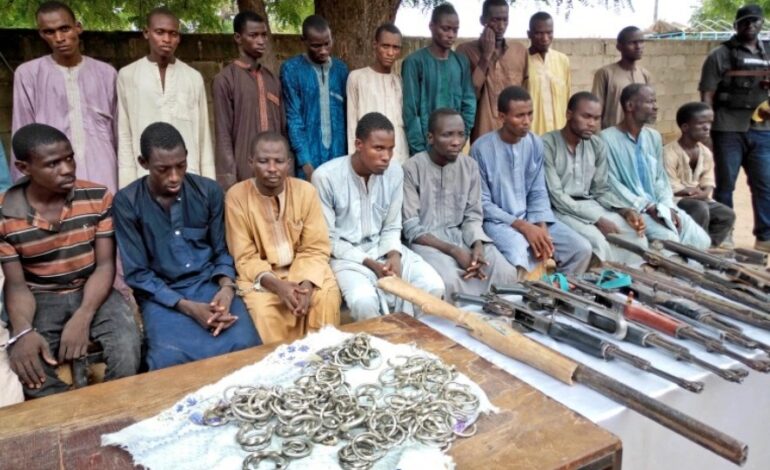

Recent Comments